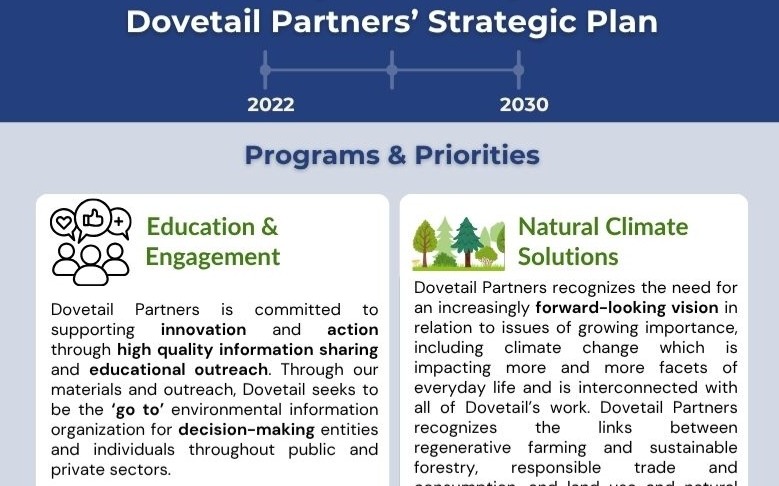Dovetail Partners Consuming Responsibly Report No. 9
Improving the energy efficiency of existing residential buildings and residential construction are key to reducing reliance on fossil fuels and lowering greenhouse gas emissions. Energy conservation measures on the part of homeowners, modest to deep energy retrofitting of existing buildings, and building new to high energy efficiency standards all hold considerable promise for reducing energy use and associated emissions, and for reducing energy bills of homeowners.
Because of the current large inventory of residential structures in the U.S., Canada, and throughout Europe, and the current slow rate of older building replacement, it is important that energy retrofits of existing buildings be given high priority. Because of this, the U.S. federal government and various states offer a range of financial and other incentives to those who wish to upgrade their home’s energy performance. Similar programs operate in a number of other countries.
While energy related requirements of building codes are slowly evolving to require greater energy efficiency, current technology allows building to a far greater level of efficiency than attainable through code compliance. In the U.S. and Canada the ENERGY STAR program and various nongovernmental voluntary green building standards and organizations, including LEED, Green Globes, the Net Zero Project, and others provide resources to assist in achieving maximum efficiency.
(Photo credit B. Brashaw)
- Lead AuthorBowyer
- DateJuly 2019
- CategoryBuildings, Carbon, Energy, Environmental, Forest products, Waste
- Project FileDownload
.png)

.png)
.png)

